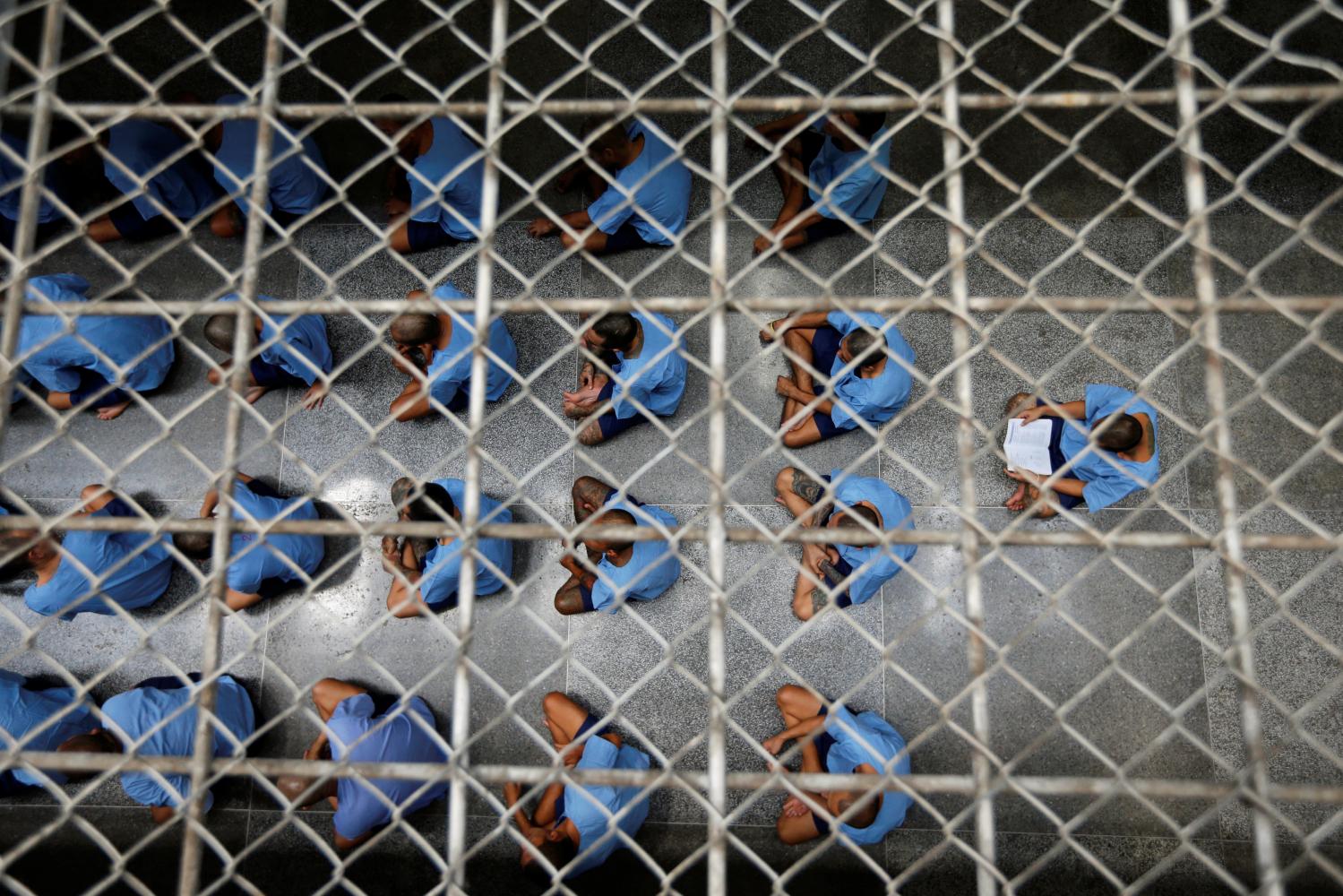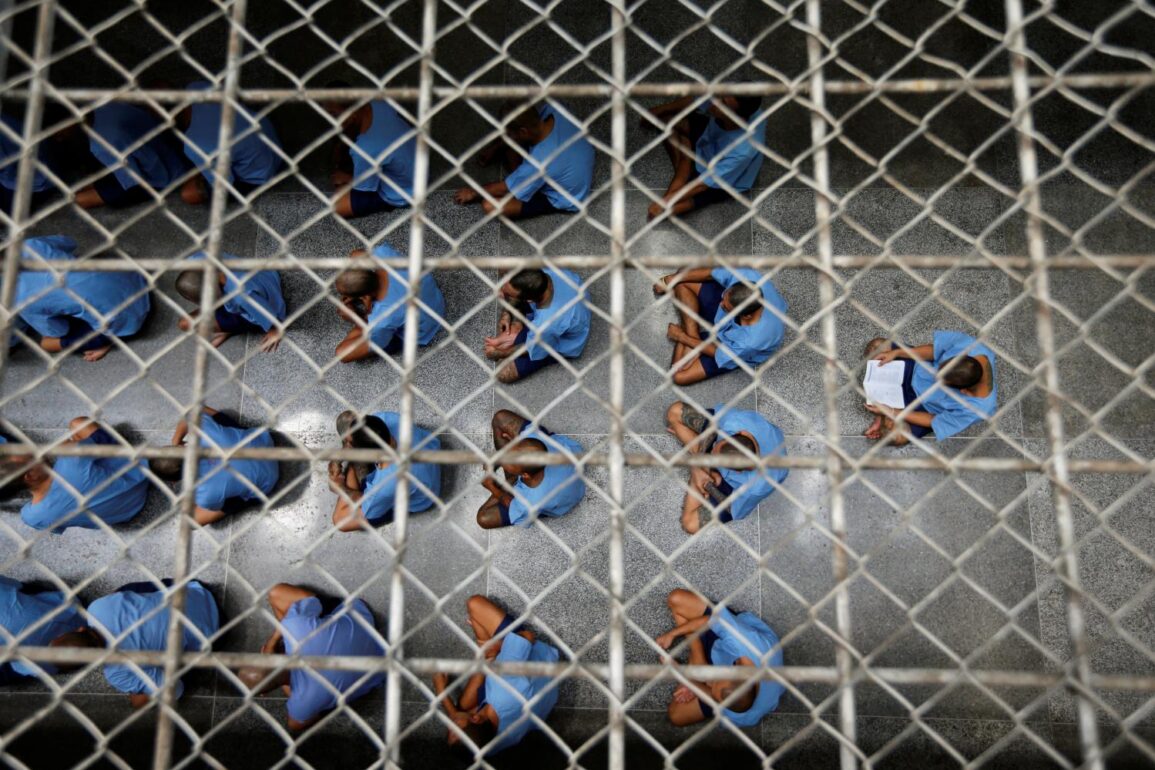
Are all prisoners in Thailand afforded the same treatment that has been given to convicted former prime minister Thaksin Shinawatra? The answer is a resounding “no”. And there can be no question about it.
Thaksin, who began serving an eight-year prison sentence upon his return to Thailand from self-imposed exile on Aug 22, was held for about 13 hours at the Bangkok Remand Prison before being transferred to the Police General Hospital in central Bangkok, where he remains to date.
During his brief detention at the Bangkok Remand Prison, Thaksin was held in Zone 7, which houses the prison’s health facility. According to the Ministry of Justice’s Department of Corrections (DoC), Thaksin was suffering from heart disease, lung disease, high blood pressure, and a herniated disk. The transfer to the police hospital happened minutes after midnight when Thaksin complained of chest tightness and insomnia.
The rapid response by the DoC appeared to be a textbook handling of a medical emergency involving a prisoner, if one is to believe the diagnosis of Thaksin’s illnesses. Regrettably, such a timely and adequate intervention is a rare occurrence in Thai prisons.
Prison conditions in Thailand have been regularly found to be well below international standards, namely the United Nations Standard Minimum Rules for the Treatment of Prisoners (also known as the Nelson Mandela Rules). Prisons remain overcrowded and characterised by inadequate conditions of accommodation, unsanitary conditions, poor quality of food and drinking water, inadequate access to healthcare, and lack of recreational and rehabilitative activities. The DoC has acknowledged many of these challenges, in some cases after conducting its own prison inspections.
The International Federation for Human Rights (FIDH) has documented conditions in the Bangkok Remand Prison and other prisons across Thailand for many years. Regarding healthcare, it found that prisons fell short of the Nelson Mandela Rules, which state that prisoners should enjoy “the same standards of healthcare that are available in the community” and have access to necessary healthcare services “without discrimination on the grounds of their legal status”. They also stipulate that all prisons should ensure “prompt access to medical attention in urgent cases”.
In 2016, former prisoners at the Bangkok Remand Prison told FIDH that access to emergency medical care at night, weekends, and public holidays was either not provided or extremely limited. They described the prison’s healthcare services as “horrible”.
Fast-forward to 2022, and little had changed. Prisoners released from the Bangkok Remand Prison reported that extensive bureaucratic processes and security considerations routinely led to untimely diagnoses and medical attention for inmates, particularly in cases of emergencies. Inmates would be admitted to the medical facility in the prison only in urgent circumstances or life-threatening situations. In cases of medical emergencies that occurred at night, inmates could press a buzzer to call a prison guard. However, prison officers often failed to respond urgently to emergency cases. Former prisoners reported having witnessed the deaths of fellow inmates because of the authorities’ failure to urgently respond to medical emergencies. According to them, the referral process to an outside hospital was also overly complicated.
In an unconvincing attempt to dissipate criticism that Thaksin received preferential treatment, caretaker deputy prime minister Wissanu Krea-ngam claimed that Thaksin’s transfer to a hospital was the normal procedure in case of ill inmates, similar to when detained pro-democracy activists were transferred to a hospital due to their hunger strikes. Mr Wissanu’s remarks are disingenuous and implicitly confirm the double standard. While Thaksin was promptly transferred to a prison hospital, three pro-democracy activists who went on a hunger strike between 2021 and 2023 were only transferred to a hospital after 21 and 47 days, respectively. Two other fellow activists were never transferred to a hospital, despite going on a hunger strike for 37 days.
One positive aspect of the Thaksin saga is that it has put a spotlight on the often-overlooked issue of prison conditions in Thailand. The former prime Minister undoubtedly has certain rights as an inmate, including the right to receive adequate healthcare. But so do the other 270,000 prisoners across the country.
Incoming Prime Minister Srettha Thavisin has declared that he “cares about human rights”. Will his administration be able to adopt a human rights approach to address prison conditions? He has an opportunity to show his government cares about the rights of all prisoners by taking concrete action to improve conditions in the penitentiary system without fear or favour. He should act now.
This post was originally published on this site be sure to check out more of their content.







